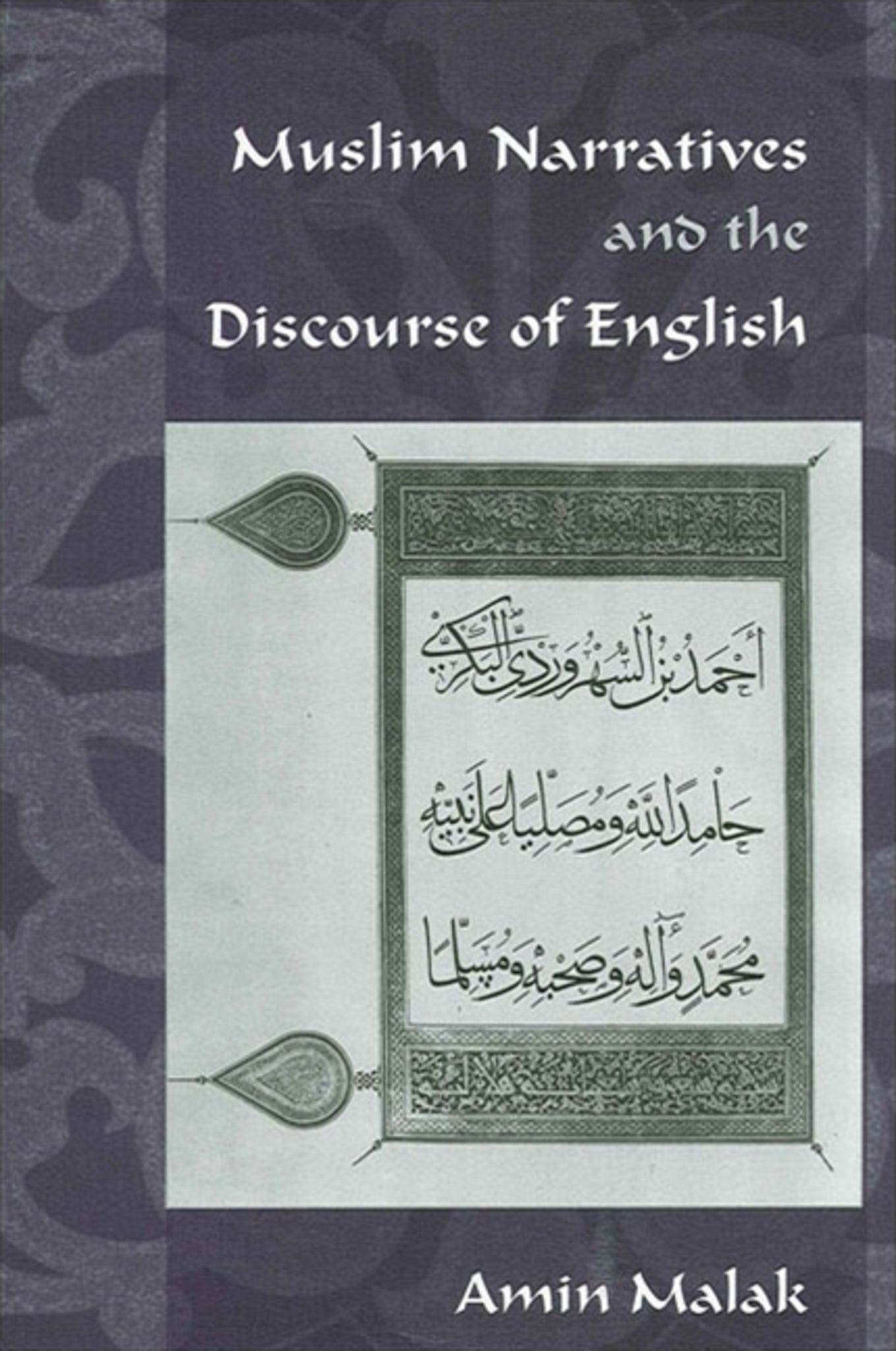We're sorry. An error has occurred
Please cancel or retry.
Muslim Narratives and the Discourse of English

Some error occured while loading the Quick View. Please close the Quick View and try reloading the page.
Couldn't load pickup availability
- Format:
-
16 December 2004

Examines novels and short stories by Muslim authors who write in English.
This is the first book to explore the works of Muslim authors who write in English yet take their inspiration from Islam. Through close readings of novels and short stories by Salman Rushdie, Ahmed Ali, Attia Hosain, Nuruddin Farah, and others, Amin Malak reveals their aesthetic and discursive merits as well as their idiomatic and metaphorical enrichment of the English language. He explores the many implications of writing about one culture (and language) from within another, including the ambivalent attitudes many of these writers have toward English, a language associated with a colonial past yet adopted as a medium of artistic expression and a critical tool for demystifying and dealienating Muslims and their culture. Malak's analysis shows how Islam, as a critical identity signifier in the contemporary world, informs these texts' discursive foundations and thus becomes crucial for understanding Islam.


Acknowledgments
Introduction
1. Ahmed Ali and the Emergence of Muslim Fiction in English
2. Voices of Their Own: Pioneering Muslim Women Writers
3. Dissecting Dictators: Nuruddin Farah's Close Sesame
4. The Qur'anic Paradigm and the Renarration of Empire: Abdulrazak Gurnah's Paradise
5. Exilic Contexts, Ambivalent Affiliations: M. G. Vassanji and Adib Khan
6. Crisis Reading/Reading Crisis: The Polemics of Salman Rushdie's The Satanic Verses
7. Muslim Women's Autobiographical Narratives: Fatima Mernissi's Dreams of Trespass and Che Husna Azhari's The Rambutan Orchard
8. Arab-Muslim Feminism and the Narrative of Hybridity: The Fiction of Ahdaf Soueif
Conclusion
Notes
Works Cited
Index



